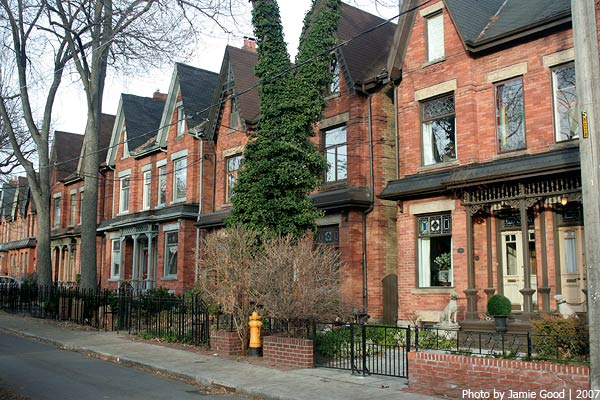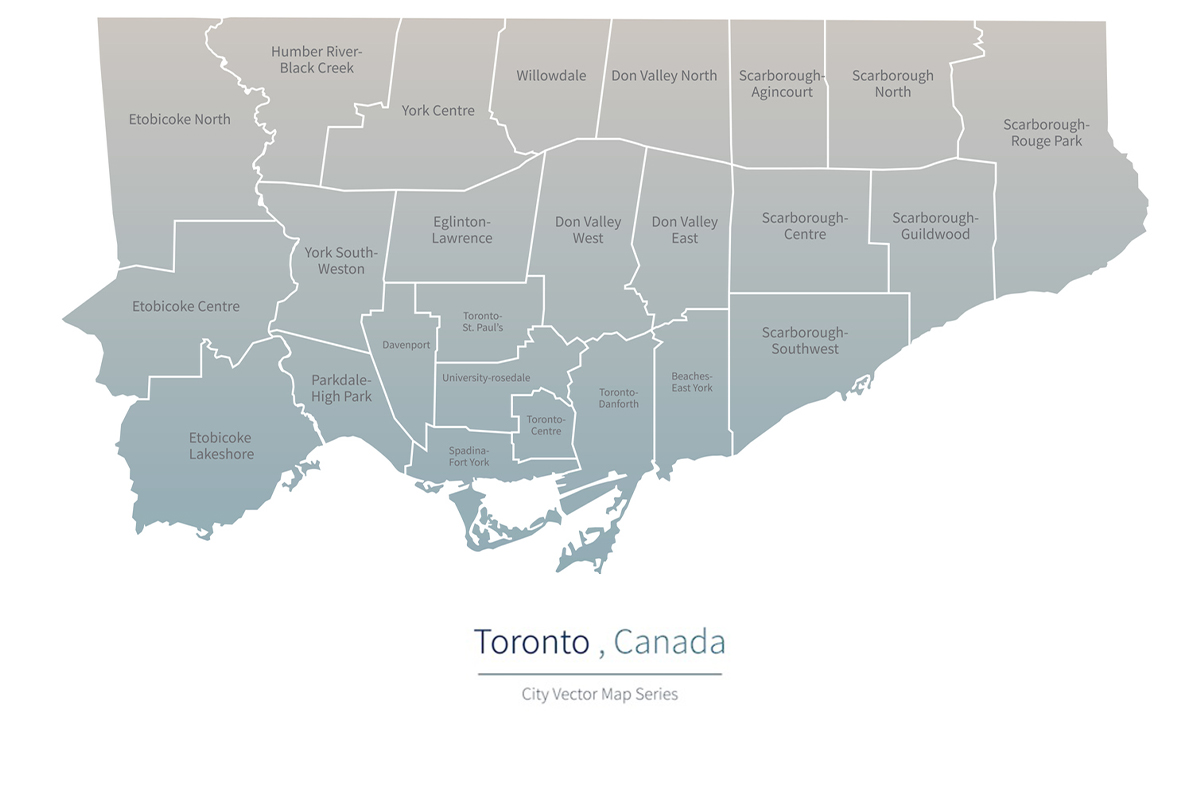Part of my weekly schedule is to meet with clients to discuss, evaluate and plan how to achieve their Real Estate goals. This is an important step of the process when dealing in Real Estate, especially in a competitive and sometimes unpredictable market such as Toronto’s. We all plan ahead when it comes to work, children or vacations, so why not plan for what will likely be our most expensive purchase? The better the plan & strategy, the better the results achieved.
During these meetings or “Consults” as we like to call them at Realosophy, we ask questions, listen and consult clients on how to start the buying process as well as how we will help walk them through it. Most clients, want to know, “What will it cost me to buy a home?”, “ What can I get for my money?”, “Should I buy in this market?”, “How long have you been a Realtor?” etc. All good questions and ones you should ask when meeting with a Realtor but the one question/concern I seem to get often and seems to keep many buyers up at night is regarding multiple offers on a property or otherwise referred to in the media as “bidding wars”. Buyers want to avoid them as much as possible and some are not willing to partake in them at all.
Although they are not as common as they were at the height of the market in 2016/2017 “bidding wars” still exist. As someone who bought my first home in a “bidding war” and lost out on a few along the way, I can understand why nobody likes them and why some prefer to avoid them altogether. The concern of course is that you will overpay for the home. Since all offers are done blind without any other buyer knowing what the other bid is, how are you supposed to know if you overpaid or not? In the middle of a bidding war when emotions can get high it can be daunting to make a spur of the moment decision on a purchase that you will be paying off for the rest of your adult life. It’s a pressure filled process and easy to misstep which can lead to buyer’s remorse or possibly owning a home you can’t afford. These are legitimate concerns buyers should have on all offers but especially when involved in multiple offers.
There are ways to alleviate the stress of such a situation and actually be prepared for it. The following is my advice on how to deal with “bidding wars” and give yourself a better chance to win without overpaying. I always tell my clients to focus only on what YOU can control and not worry so much about the other offers by following these 3 steps.
- Before putting together an offer understand the true value of the home you will bid on, not the low list price or what you “think” it might sell for but the true value.
- Plan ahead and discuss your offer strategy with your Realtor. Discussing a worst case and best case scenarios.
- When the offer date arrives refer back to the strategy, and stick to it, this will keep your emotions in check.
Here is how I prepare my clients for the above steps to get a better understanding of how this works.
The first step, understanding value. This is key, as without the correct value the rest doesn’t matter. To provide you with the information you need to understand the value of a property, I do my homework and put together a CMA (Comparative Market Analysis) in the form of a detailed email. In this email I like to break homes down by the following attributes much like a appraiser for a bank does: Location/Neighbourhood, Home Type, Lot Size, Rooms/Size Of Home, Parking/Driveway, Garage, Backyard, Finishes and overall condition.
I find the most recent comparable properties and note the differences between them and the home my clients are about to bid on. Using this data I summarize what I believe is the true value of the home in detail. The second factor is what the home could potentially sell for. It’s important to understand these two numbers may be the same or different depending on how many offers the home gets, how many more listings are available that week, how busy the market is that given week etc. The important thing here is that my clients understand the true value of the home regardless of a low list price or how dolled up a stager has made the home seem by seeing it in writing.
The second step is the need to plan our strategy and discuss what are you willing to pay for this home. Is this “the one”? If so, then its okay to overpay by 1%-3% of its true value in a competitive market such as Toronto. Lenders understand this and take into consideration that sometimes homes sell for a bit more than their worth, especially in the more dense and competitive neighbourhoods. So paying $925,000 for a home worth $900,000 in a competitive market/neighbourhood would still be a safe play. I also take into consideration financing, downpayment and employment when advising clients as every situation is different. For example, if a buyer’s downpayment is 10% or they are a first time homebuyer I recommend being much more conservative, but when it’s 30% there is more room to “go for it” if it’s the right home. Ultimately the buyer dictates the price they will pay with the wealth of information they are provided with.
I recommend two approaches. Plan for worst case scenario (a bidding war with 7 offers) and come up with a max number and best case scenario and come up with a low number (only 1-2 offers come in). The decision on which offer to present will be decided just hours before we present the offer so as to evaluate the amount of competition.
Not all buyers pay more than my suggested value for their homes, in some cases the buyers agree that the home is worth $900,000 but decide that for them it’s only worth paying $875,000 because they want to change the floors and want to factor in that cost, or perhaps the home is facing a commercial property and they would prefer it was on a quieter street and would otherwise pay more if that were the case. These are totally understandable reasons and based on how many offers come in, it will dictate the buyers’ chances of winning the home.
Finally I like to discuss and walk through the actual bidding war process step by step to make sure clients understand how it will unfold and what could or could not happen. This will mentally and emotionally prepare buyers for what is to come so when we are actually going through those very steps it feels somewhat familiar and keeps emotions in check.
In the end what’s important is you are controlling what you can control. Don’t try to focus on the uncontrollable. While it may still take 2, 3 or possibly even 5 offers on different homes to buy your dream home in a competitive market like Toronto, by focusing your energy and time on what is controllable you will be in a position of strength because you will be more informed than most buyers and most importantly you will not overpay for a home.
As always feel free to email me with any questions or concerns at gus@realosophy.com or call me direct at416 219 5626




